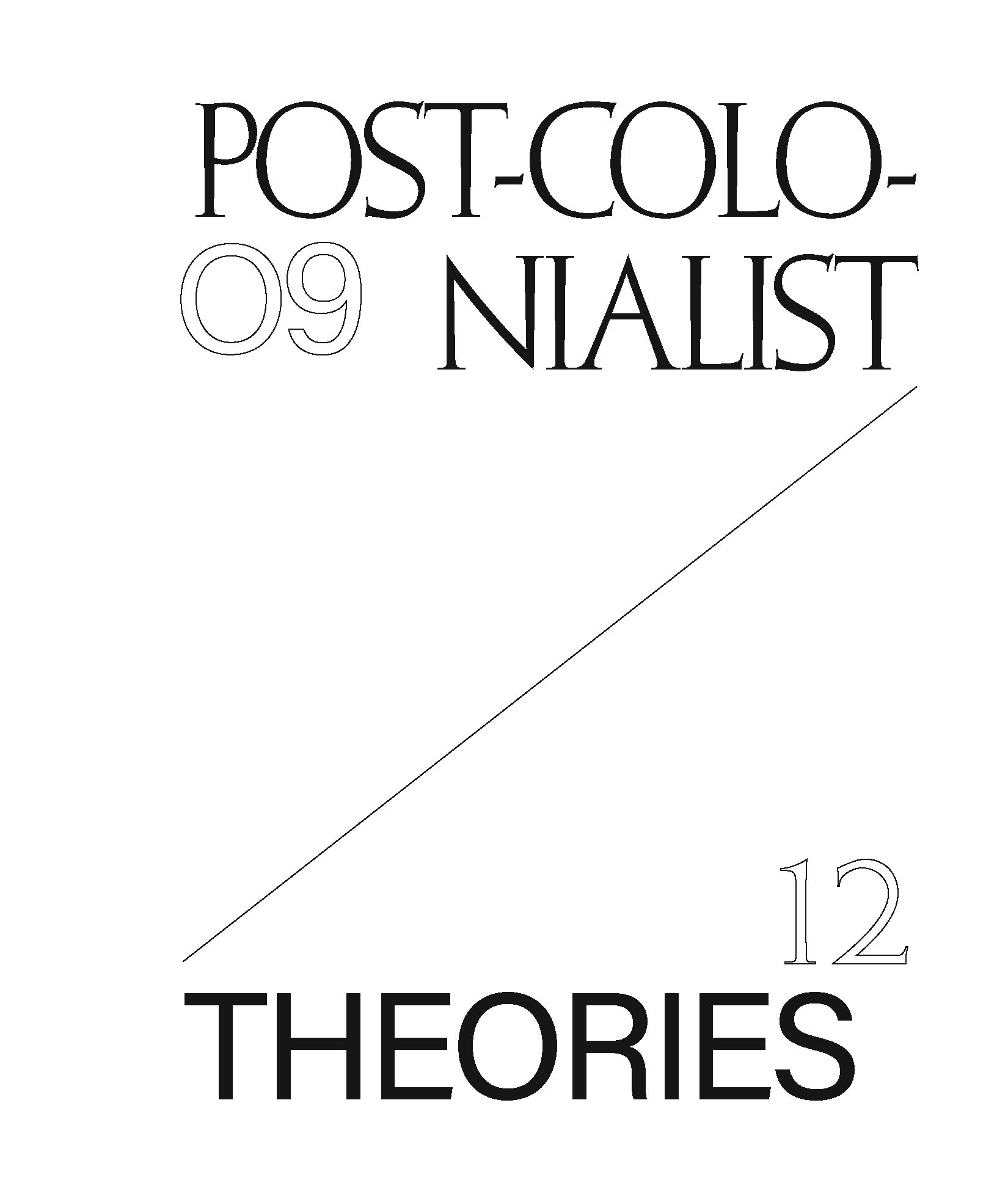POST-COLONIALIST
“Post-colonial theory asks how colonial histories continue to surface in contemporary socio-political dynamics, especially with globalist design cultures.”
— Wid Bibliography 2nd Ed.
Farber, Paul. “Museums are Not Neutral with Movement Co-Founders La Tanya S. Autry and Mike Murawski” Monument Lab Podcast [ podcast ]
Founded by Paul Farber and Ken Lum in 2012, Monument Lab started as classroom conversations about the past, present, and future of monuments. The public art and history studio has grown to engage students, artists, activists, and institutions in rethinking monuments as participatory-based public expressions of collective memory. The Monument Lab podcast is a series of conversations born out of Monument Lab’s curatorial collective.This episode features Gund Curatorial Fellow La Tanya S. Autry and independent museum consultant Mike Murawski, who discuss the “Museums Are Not Neutral” movement. Autry and Murawski challenge the colonial legacies of museum experiences and collections throughout America, and consider ways in which institutional transformation of museums can establish new modes of public connectivity, facilitate critical conversations about colonialism and white supremacy, and break down the universalizing and elevating of white European narratives in museum culture, representation, and user experience.
“Most museums started as colonial institutions, but I believe they can shed that and do some serious transformations internally and externally. That there is a potential for a very different type of institution. So, I think it's worth asking the questions, bringing up these things, and just totally exposing any erasing and replacing this idea of neutrality, and these ideas of white supremacy that are systemic and are, again, part of how these institutions in many cases were formed.”
Future Imaginary Dialogues: Zoe Todd, Interview by Jason Edward Lewis for the Aboriginal Territories in Cyberspace (AbTeC) research network as part for the Initiative for Indigenous Futures. Concordia University, Montreal, 30 March 2017. [ interview ]
This conversation with Metis anthropologist and scholar Zoe Todd ranges from post apocalyptic imagining and reconceptualizing of relationships in the future, to Todd’s critique of the ‘ontological turn’ and her urgent call to dismantle the structures of the settler state and white supremacy that have formed the academy. Todd brings into dialog many indigenous scholars and thinkers with whom she engages and is inspired by in her own work. She also discusses the decolonizing aspects of community spaces created by public art, self publishing, and other forms of narrative-based creative expression that hold non-commercialized, non-policed spaces as community platforms.
“I imagine a Metis future that’s co-constituted with fish and I think that there’s been a lot of focus on Metis politics as a human endeavor but I also hope that we can think about the watershed that we are so deeply bound to, which is the Lake Winnepeg Watershed that stretches across Alberta, Saskatchewan, Manitoba, into Ontario, down into North Dakota, Minnesota, and a little bit of Montana. All of the fish that we’ve shared time and space with--they’re not doing well. And so I hope that we can build futures with fish that also take into account our responsibilities to water and think of territoriality beyond land, which has been kind of the focus of most Canadian nation state understandings of indigeneity.”




